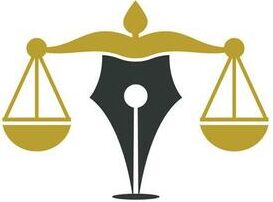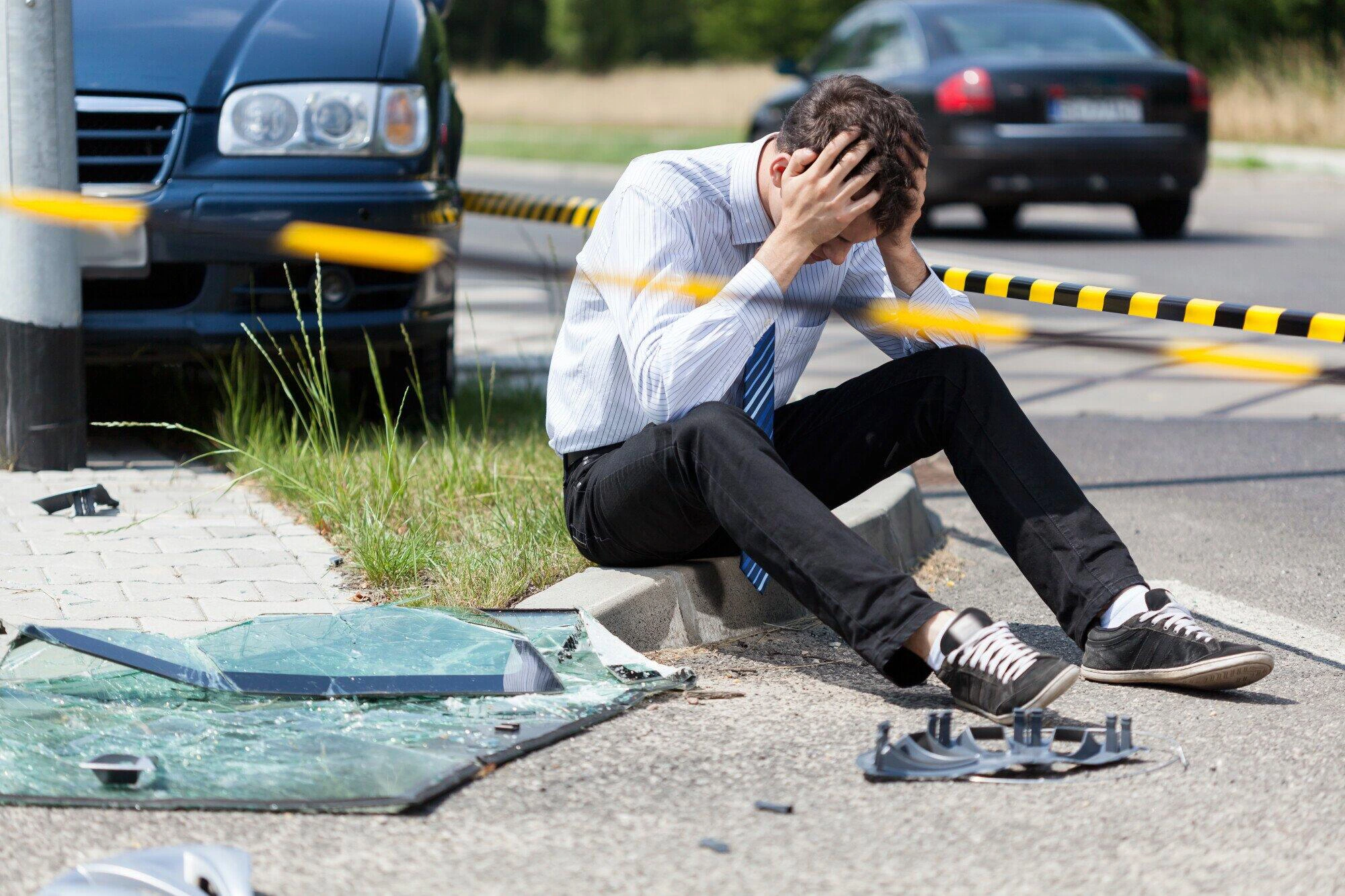For many drivers, the thought of being in an accident is a distant fear, lurking in the back of their minds. It’s always a possibility.
Single-vehicle accidents can seem less concerning than multi-car pile-ups. However, they can still carry great financial implications that many drivers are unprepared for.
Understanding these costs can help you prepare for the unexpected. It can prevent financial hardship should you ever find yourself in this unfortunate situation. So here’s what you need to know about a single-vehicle accident:
Towing Fees
Immediately following solo car accidents, if your vehicle is unable to be driven, towing will likely be your first concern.
Towing fees can vary widely. Costs depend on the location of the accident, the time of day, and the distance your vehicle needs to be towed.
In some urban areas, fees can start at a base rate and increase with each mile. They can potentially cost hundreds of dollars. If your vehicle is towed to an impound lot, daily storage fees will accrue until the vehicle is claimed.
That’s why you need to understand your auto insurance policy’s coverage for towing and roadside assistance. This can be crucial in managing expenses in the car crash aftermath. It can also minimize out-of-pocket costs.
Vehicle Repair or Replacement Expenses
Vehicle repair or replacement costs constitute a big financial concern following a single-vehicle accident. The extent of damage can vary greatly. It influences whether repairs are feasible or if a total vehicle replacement is necessary. ‘
Minor accidents might only require cosmetic repairs. More severe incidents could lead to structural damage that compromises the vehicle’s integrity and safety.
Repair costs can include parts and labor. They can potentially tun into thousands of dollars, depending on the make, model, and age of the vehicle. The nature and extent of the damage also affects this financial burden.
On the other hand, if the vehicle is deemed a total loss, you may face replacement costs. This involves purchasing a new or used vehicle. It can considerably strain your finances without adequate insurance coverage.
Here, understanding the specifics of your auto insurance policy becomes even more crucial. Comprehensive and collision coverage can offset these expenses. However, they come with their own costs and limitations, including deductibles and coverage limits.
Insurance Premium Increases
After a single-vehicle accident, you may also experience an increase in your insurance premiums. This is because insurers view drivers who have been in accidents as higher risk. Then, they adjust their rates accordingly.
The extent of the premium increase can depend on several factors. This includes the severity of the accident, your driving history, and your insurance company’s policies.
In some cases, it can result in a significant accident expenses. That’s why it’s essential to shop around for the best insurance policy. You need to regularly review your coverage as your needs change.
Loss of Vehicle Value and Resale Potential
One of the financial repercussions of an accident is the potential loss of your vehicle’s value. Even with repairs, accidents can decrease your car’s resale potential. This is particularly true if the damage was extensive or affected critical components.
The diminished value of your vehicle can result in lower trade-in or resale offers. It can also affect your ability to secure financing for a new vehicle in the future. This can have a long-term impact on your financial stability.
Long-Term Medical Costs
Depending on the severity of the accident, there may also be long-term medical costs to consider. Injuries sustained in an accident can require ongoing treatment and rehabilitation. This can result in expensive medical bills that may not be fully covered by your insurance.
You may need to pay for medications, physical therapy, or specialized treatments out of pocket. This can add up to a great financial burden over time.
That’s why getting the right insurance coverage, including medical payments and personal injury protection, is crucial. It can help cover these expenses and prevent financial strain in the long run.
You might also need to seek compensation from the at-fault party through legal means. This can also incur additional costs.
Potential Employment Impact
A solo accident can also have an impact on your employment. If your job requires you to drive, the loss of your vehicle can hinder your ability to fulfill work obligations. This can result in missed days or even loss of employment if alternative transportation is not readily available.
Injured parties may also experience a temporary or permanent disability that affects their ability to work. In these cases, financial stability can be greatly impacted.
Legal and Liability Costs
In some single-vehicle accidents, there may be a question of liability. If the driver was not at fault for the accident, they may face legal costs in order to defend themselves and prove their innocence. This can include hiring a car accident lawyer, paying court fees, and potentially even facing fines or penalties.
If the accident resulted in damage to public or private property, the driver may be held liable for those costs as well. This can result in further financial strain.
Miscellaneous Costs and Emotional Toll
Aside from the direct financial costs, there are also miscellaneous expenses to consider. These can include transportation costs while your vehicle is being repaired or replaced, rental car fees, and even missed work time.
Furthermore, being in an accident can have an emotional toll on individuals and their loved ones. This can result in loss of productivity, potential therapy costs, and other unforeseen expenses.
Administrative Fees and Fines
A single-vehicle accident often face administrative fees and fines. These may include ticket fines for any traffic violations associated with the accident, such as speeding or reckless driving.
Administrative fees can also come into play. This is especially the case if there’s a need to obtain accident reports from law enforcement or other agencies.
These fees, although might seem minor when viewed individually, can add up quickly. Understanding these potential costs beforehand can aid in better financial planning and preparedness.
A Single-Vehicle Accident Is More Than Just a Fender Bender
While a single-vehicle accident may seem less severe than multi-car pile-ups, they can still carry great financial implications. Understanding these costs and how to mitigate them through proper insurance coverage is crucial for all drivers.
Preparation is key. It can help you avoid financial hardship in the aftermath of an unfortunate event. So don’t make the mistake of being passive.

